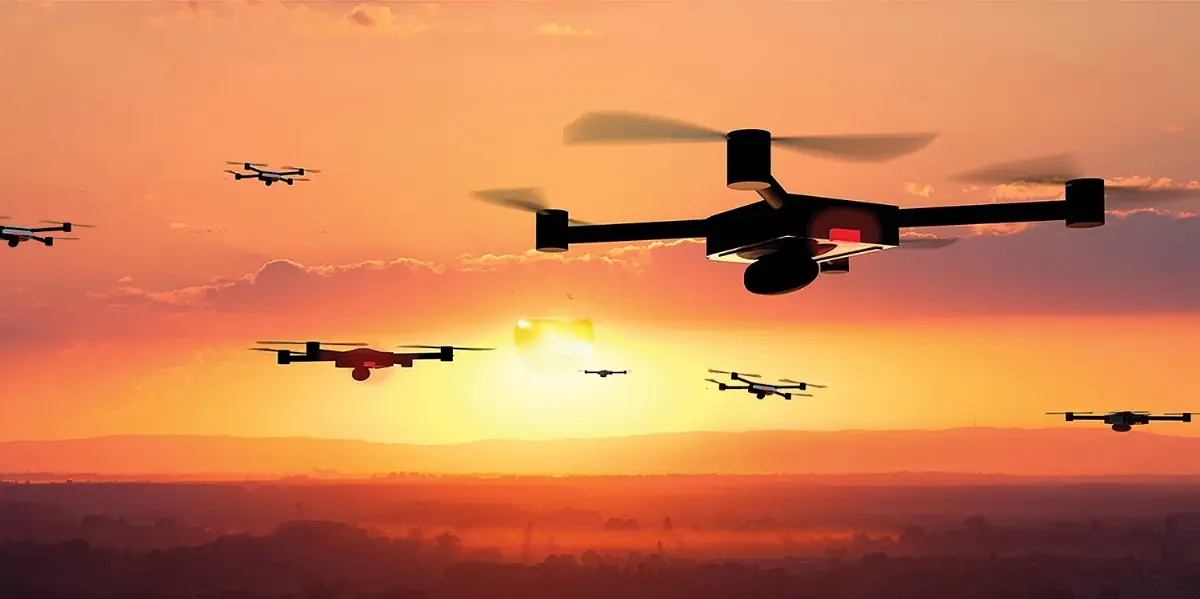
From cars to UAVs: is Renault moving towards military drone production in Ukraine?
Probable unprecedented partnership between the French giant and Paris to develop remotely piloted aircraft

Paris and Kyiv are preparing for an unprecedented collaboration in the defense sector, while the French automotive manufacturer Renault is preparing to enter the military drone production segment directly on Ukrainian territory. Yesterday on June 8, 2025, the automaker confirmed it is in advanced talks with the French Ministry of Armed Forces for a project that would mark a historic turning point for a company traditionally tied to the civil sector. The news, anticipated on June 6 by Minister Sébastien Lecornu, fits into a broader European industrial cooperation strategy aimed at strengthening Ukraine's defensive capabilities and, at the same time, offering new training and innovation opportunities for Western armed forces.
Discussions between Renault and the French ministry, the company's main shareholder with a 15% stake, are ongoing, although, as Renault itself declared to "Franceinfo", "no decision has yet been made at this stage, pending clarifications on the project from the ministry". The intention is to collaborate with an unspecified French defense sector company; the production lines would be located in Ukraine, "a few tens or hundreds of kilometers from the front", according to "Franceinfo".
Minister Lecornu, interviewed by "LCI" on June 6, emphasized the importance of this partnership, stating that "a major French automotive company [...] will collaborate with a French defense SME to set up production lines in Ukraine to produce drone aircraft". Although the specific type of drones has not yet been revealed, it is clear they would be primarily intended for the Ukrainian armed forces. However, as the minister noted, the French military would also benefit, "to have permanent tactical and operational training that reflects the reality" of the conflict. Lecornu also acknowledged Ukraine's leadership in the drone war, both in terms of innovation and doctrinal development, underlining that the partnership will include valuable feedback from direct frontline experience. Ukraine, which produced 1.5 million drones in 2024, including low-cost FPV (First Person View) drones, aims to surpass 4.5 million by the end of 2025.
The potential entry of Renault into the UAV (Unmanned Aerial Vehicle) sector, remotely piloted aircraft, fits into a context of growing industrial and defense cooperation between Europe and Ukraine. For example, in February 2025, Thales International and the Ukrainian Defense Industry (UDI) announced a joint-venture to develop technologies such as air defense systems and electronic warfare. In the same month, the Norwegian company Kongsberg Defence & Aerospace revealed plans to jointly produce Nasams air defense missiles in Ukraine. Already in September 2023, Turgis & Gaillard had reached an agreement with Antonov Company for a localized version of its Male drone, the Aarok.
If confirmed, Renault's involvement would represent one of the first cases where a major civil automotive giant directly contributes to military production in an active war zone.
A Mixed Horizon: Automotive Crisis and Opportunities in Defense
This bold move by Renault is not an isolated case but reflects a broader trend seeing European automakers attracted to Defense manufacturing. A key factor in this convergence is the current crisis affecting the automotive sector, particularly linked to weak electric vehicle sales. Despite ambitious ecological transition goals and looming deadlines such as 2030, demand for battery-powered vehicles has not taken off as hoped, placing pressure on the finances of automotive giants.
In this scenario, the Defense sector emerges as both a lifeline and an opportunity for strategic diversification. Already in March 2025, the German company Volkswagen signaled its willingness to produce military equipment for the Bundeswehr, demonstrating how interest is not limited to isolated projects. The transition from engines for civilian vehicles to engines for drones or other military equipment marks a significant step in adapting the European industry to new geopolitical demands and internal economic challenges. The engineering and manufacturing expertise accumulated in the automotive sector proves surprisingly transferable, opening new business prospects amid uncertainty for their traditional core business.
AVIONEWS - World Aeronautical Press Agency